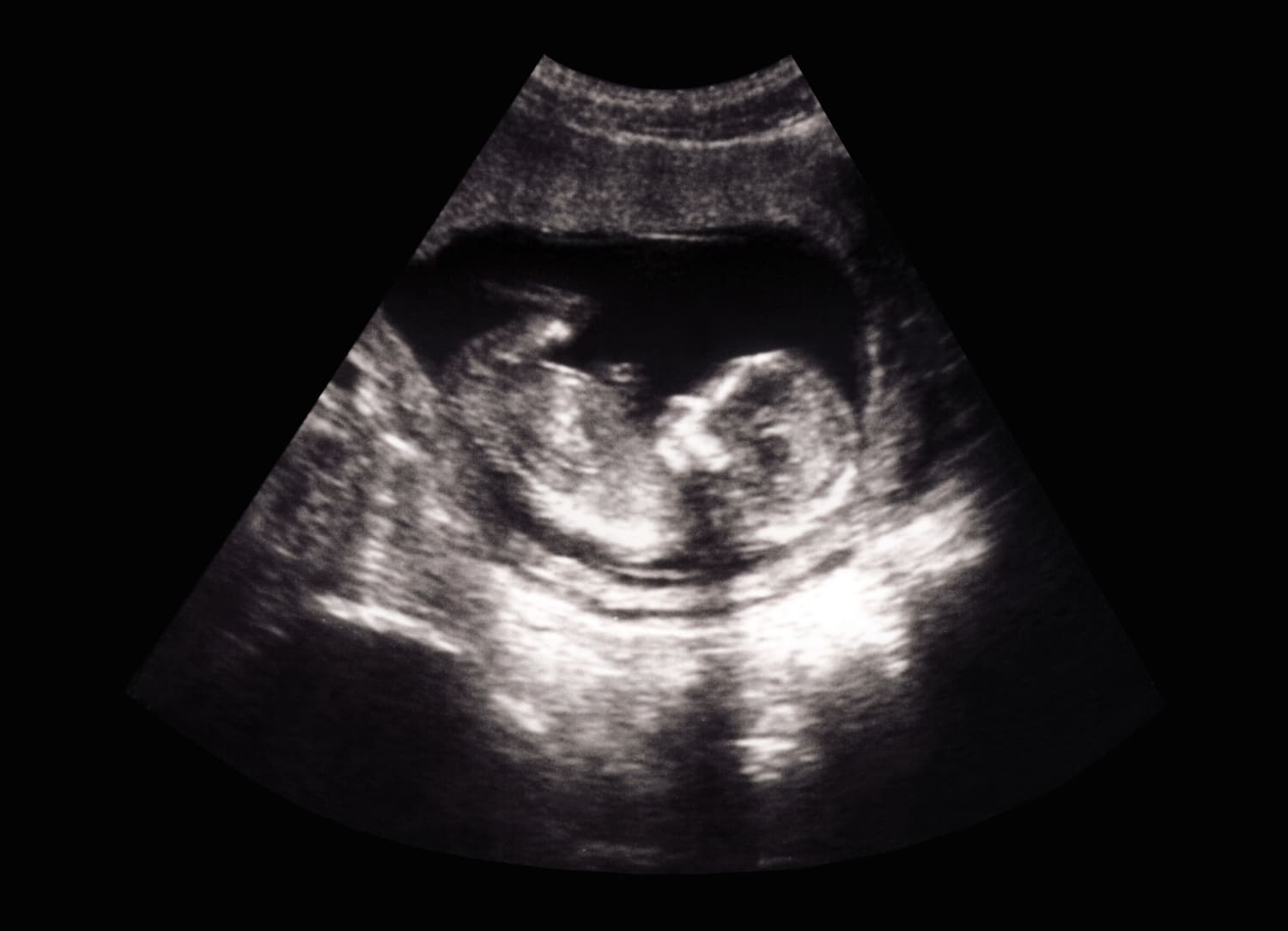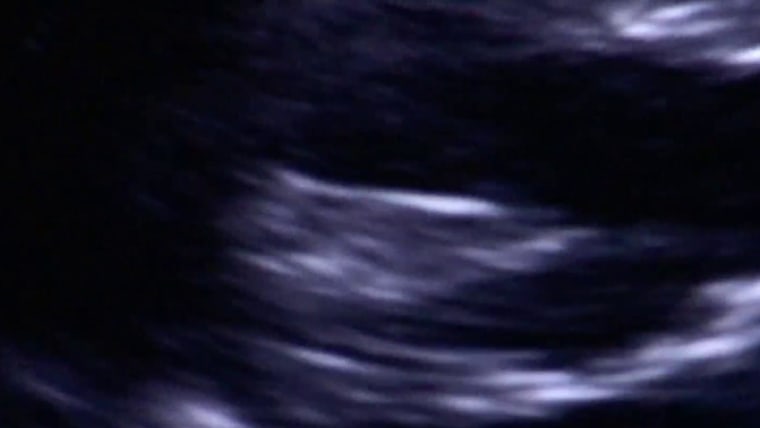Georgia residents can now claim embryos as dependents on their state taxes, the state’s revenue department announced Monday.
“In light of the June 24, 2022, U.S. Supreme Court ruling in Dobbs v. Jackson Women’s Health Organization and the July 20, 2022, 11th Circuit Court of Appeals ruling in Sistersong v. Kemp, the Department will recognize any unborn child with a detectable human heartbeat … as eligible for the Georgia individual income tax dependent exemption,” the department said in a statement.
The 11th Circuit Court of Appeals ruled last month that “Georgia’s prohibition on abortions after detectable human heartbeat is rational.”
The state’s Living Infants and Fairness Equality (LIFE) Act “defines a ‘natural person’ as ‘any human being including an un-born child,'” the court ruled.
A taxpayer who “has an unborn child (or children) with a detectable human heartbeat” after July 20, when the ruling came down, can claim a dependent on their 2022 taxes, according to the statement.
Residents will get $3,000 for each unborn child.
“Similar to any other deduction claimed on an income tax return, relevant medical records or other supporting documentation shall be provided to support the dependent deduction claimed if requested by the Department,” the state said.
Heartbeats can be detected as early as six weeks into pregnancy, often before a person knows they are pregnant.
Source: | This article originally belongs to Nbcnews.com











